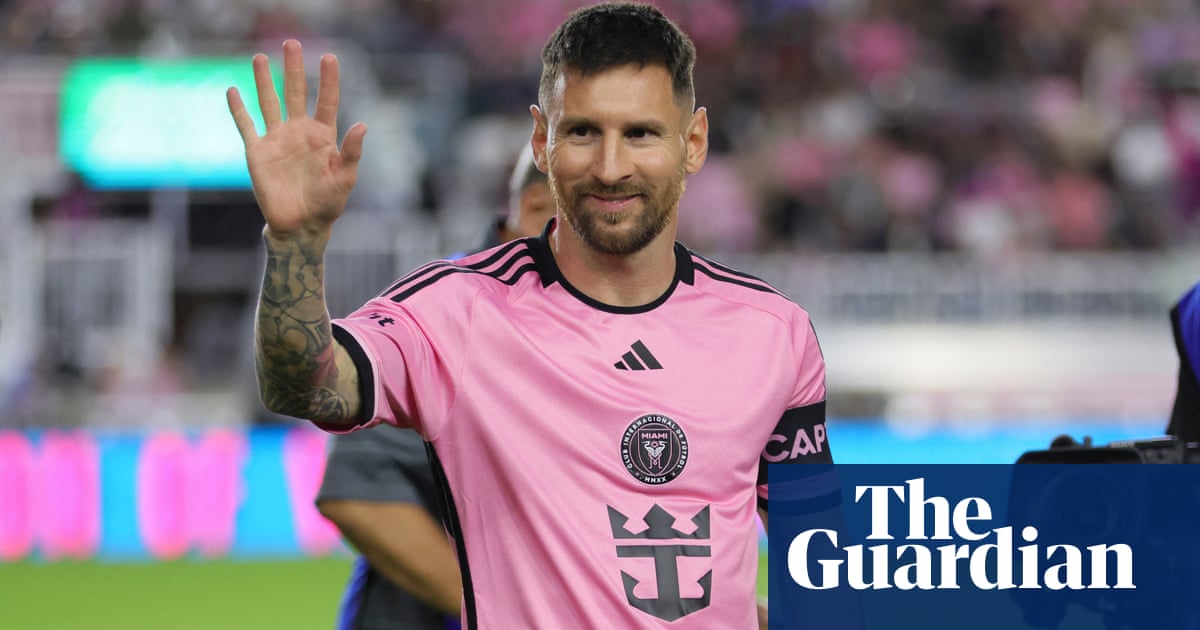
Western leaders have spent the past 20 years trying to guess what Vladimir Putin “really wants”. Very often, it’s enough just to read his words, very carefully. Because usually he means exactly what he says. And in the case of his early morning television address announcing Russia’s invasion of Ukraine, his words and hints about his intentions were truly terrifying.
It would be good to start with his warning to the west not to interfere, because just as people like David Davis call for the west to provide air support to Ukraine, Putin had this to say: “Russia will respond immediately, and the consequences will be such as you have never seen in your entire history. All the necessary decisions in this regard have been taken.”
There can be little doubt that what he means is that he is prepared to deploy nuclear weapons against any country that takes military action to help Ukraine. He added, with great emphasis: “I hope that my words will be heard.” Apparently not by Davis.
As for Putin’s intentions in Ukraine itself, there was a strong indication that he plans to incorporate the Donbas (including the entire Donetsk and Luhansk regions, most of which are still in Ukrainian hands) into the Russian Federation, just as he did with Crimea in 2014. He said that the peoples living in Ukraine (by which he meant the Russians) have the right to make a “free choice”, and added that in 2014 Russia “was obliged to protect the people of Crimea” and that those people then chose to “be with their historic homeland, Russia”. There is no other way to interpret those words than as a threat to annex the eastern regions of Ukraine.
As for his declared intention to “demilitarise and denazify” Ukraine, it is hard to see how this could be achieved without a wholesale occupation of the country and change of government.
True, Putin denied that his purpose was to occupy Ukraine. But there was a big “but”: there were, he said, “statements” coming from the west to the effect that there was no need any more to “abide by the documents setting forth the outcomes of world war two”. So it’s goodbye Yalta, it seems, as Putin sets about redrawing the map of Europe.
So what hope is there that Putin can be deterred from going this far? Inside Russia, opposition voices have been utterly squashed. Politicians who might have led public protests, such as Alexei Navalny, are in prison, and his entire network of activists has been outlawed. Would-be protesters in Moscow were detained as soon as they left their flats.
The editor of Novaya Gazeta, Dmitry Muratov, who won last year’s Nobel peace prize, put out a desperately sad statement: “President Putin has ordered our country to start a war with Ukraine. And there is nobody to stop this war. For that reason, as well as grief, I feel shame.”
Anyone who watched Monday’s meeting of Putin with his security council will understand Muratov’s despair. This was a gathering of those who in theory advise the president, whose job is to assess options and their outcomes. Not one of them dared step out of line. They knew what Putin wanted them to say and they said it. When the foreign intelligence chief, Sergei Naryshkin, fluffed his lines, he got a tongue-lashing (shown on TV) from the president. A couple of officials did suggest giving diplomacy a few days longer, but they were ignored. Dmitry Medvedev was seen as a flickering light of reason when he swapped the presidency with Putin in 2008-12, but on Monday he too fell into line.
There is, literally, nobody in Russia who can stop this war, because Putin has total control. The ostensibly elected parliament – the Duma and the Federation Council – is full of his placemen. The presidential administration and the foreign ministry almost certainly contain doubters, people who might want to point out that invasion is hardly compatible with the president’s statements about Ukrainians and Russians being “one people”. But I would be astonished if any of them offered to resign.
Can the west stop him? The history of sanctions, ever tougher and more far-reaching, is ignominious. Putin sneers at them, because he will always put his version of what Russia needs for its security above economic considerations. He also has a huge reserve fund to soften the blow.
All wars end in either victory for one side or in a negotiated settlement. Today, the prospect of the latter appears bleak. I find it hard to comprehend why it would have been so wrong to agree to the negotiations Putin wanted last year, to seriously review Europe’s security system, if that had a chance of avoiding the war that has now begun. Surely a neutral Ukraine, safe between its neighbours, would be preferable to war. But the time for that is gone. Putin is now hell-bent on revenge for what he perceives as years of western slights. He alone will decide his neighbour’s fate.
Angus Roxburgh is a former BBC Moscow correspondent and consultant to the Kremlin. He is the author of The Strongman, Vladimir Putin and the Struggle for Russia
Guardian Newsroom: the Russian invasion of Ukraine
Join a panel of journalists, hosted by Michael Safi, for a livestreamed event on the Russia-Ukraine crisis. On Thursday 3 March, 8pm GMT | 9pm CET | 12pm PST | 3pm EST. Book tickets here












